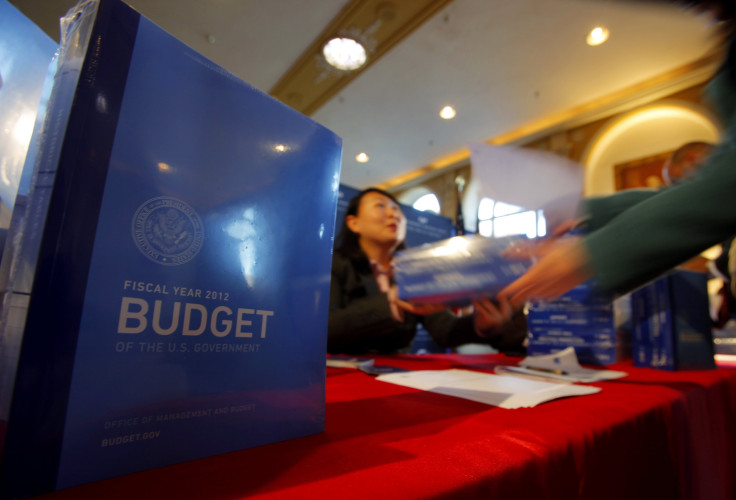Budget Conference Committee Hopes To 'Keep Ball Rolling'

The hard lines have been drawn as the bipartisan budget conference committee responsible for preventing another U.S. government shutdown in January 2014 met publicly for the second time on Wednesday.
Further, House and Senate budget committee leaders have said they won’t waste time debating the areas where they already know there’s no agreement, but will focus on where deals can be cut.
“We hope that today’s meeting will keep the ball rolling,” said U.S. Rep. Paul Ryan, R-Wis., and chair of the House Budget Committee.
“The hard part is figuring out where we agree,” he later added.
Ryan's call for compromise was echoed by Senate Budget Committee Chair Patty Murray, D-Wash., who told the conference that the highest priority is ensuring short- and medium-term needs for improving the economy are met.
Even so, the two are very much aware there is a chasm between them in terms of their respective budgets. Just how they will bridge that gap and reach common ground on a compromise budget before the Dec. 13 deadline is the massive task. But each side remains optimistic.
“Our budgets are dramatically different,” Murray said, but added that it is extremely important the two sides step out of their partisan corner and cut a deal.
Cutting a deal has never been easy for Democrats and Republicans, who differ greatly on taxes and spending. At the heart of past budget deal failures: programs and policies that are dear to each party's constituents: Democrats favor increasing taxes while Republicans do not; Republicans want significant cuts to entitlement programs like Medicare and Social Security, but Democrats are opposed to it. Still, Murray suggested their is a deal-point - an act by the GOP that could put things in motion:
“I am willing to meet Republicans halfway and make some compromises when it comes to additional spending reductions,” Murray wrote in a recent Washington Post op-ed. “Democrats won’t agree to irresponsible cuts that hurt seniors and families, but we can find responsible savings across the federal budget to get to a fair deal.”
“Compromise, however, runs both ways,” Murray continued. “While we scour programs to identify savings, Republicans have to work with us to scour the bloated tax code and close loopholes used by the wealthiest Americans and corporations to replace the other half of sequestration.”
Arguing that the U.S. tax code benefits the “wealthy and well-connected,” the chairwoman added that it “would be unfair, and unacceptable, to ignore every last loophole and special interest carve-out yet ask seniors and families to bear the burden of deficit reduction alone.”
And the Republicans’ strict stance hasn’t changed either.
“I know my Republican colleagues feel the same way. So I want to say this from the get-go: If this conference becomes an argument about taxes, we’re not going to get anywhere,” Ryan told the conference committee last month. “The way to raise revenue is to grow the economy. We need to write a tax code that encourages economic growth – not stifle it.”
Ryan said that’s just want his Republican colleagues and their Democratic counterparts are working on: getting rid of the “carve-outs” and “kickbacks” that litter the tax code.
Arguing that taxes cannot be raised enough to satisfy Washington, U.S. Sen. Chuck Grassley, R-Iowa, told the conference, “Closing loopholes for tax reform is what’s needed and I support that.”
While lawmakers work to resolve their budget differences, Doug Elmendorf, the director of the nonpartisan Congressional Budget Office, told the conference on Wednesday that among their challenges is the still recovering economy and high unemployment, among other factors. He added that though the challenge seems large, this should not discourage lawmakers from tackling them, and said a small deal is better than none at all.
The CBO has warned that if the automatic across-the-board spending cuts known as a sequester remain in place it will destroy 800,000 jobs.
“This just amplifies the stakes of our committees,” U.S. Rep. Nita Lowey, D-N.Y., said at the meeting.
© Copyright IBTimes 2024. All rights reserved.





















